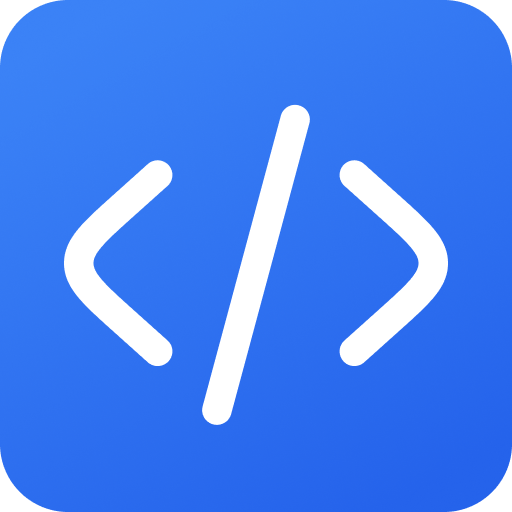The method
Paste the prompt into ChatGPT, Gemini, or Claude. Refine the business description for better results. Ideal for owners seeking structured growth. Use the output as a starting point, then iterate based on your specific business needs.
The prompts
Prompt 1
Develop a three-phase business intelligence implementation roadmap for a small business specializing in [Specific Niche, e.g., artisanal coffee roasting and online sales]. Phase 1 should focus on data collection and basic reporting, including identifying key performance indicators (KPIs) like customer acquisition cost, website conversion rates, and inventory turnover. Detail the necessary tools (e.g., Google Analytics, basic CRM) and processes for this phase. Phase 2 should advance to data analysis and dashboard creation, focusing on customer segmentation and sales trend analysis. Specify advanced tools (e.g., Tableau, Power BI with a free tier) and techniques (e.g., RFM analysis). Phase 3 should focus on predictive analytics and automation, including forecasting sales and optimizing marketing campaigns. Indicate the appropriate tools (e.g., Python with machine learning libraries) and strategies (e.g., A/B testing automation). For each phase, outline specific deliverables, timelines, and estimated costs. The business currently uses [Current Tools, e.g., Shopify and Mailchimp].
Prompt 2
Craft a business intelligence adoption strategy for a small local bakery that wants to improve its inventory management and reduce food waste. The strategy should outline how the bakery can leverage data from its point-of-sale (POS) system and customer loyalty program to forecast demand accurately. It should address the following key areas: (1) Data Sources: Identify all relevant data sources within the bakery, including POS data, customer loyalty program data, social media engagement, and any manual records. (2) KPI Selection: Define key performance indicators (KPIs) that will help the bakery track its progress in reducing waste and improving efficiency, such as ingredient spoilage rate, peak demand times, and customer preferences for specific products. (3) Technology Recommendations: Suggest specific BI tools or software solutions that are suitable for a small business with limited technical expertise and budget, focusing on user-friendly interfaces and affordability. Consider options like Google Sheets with add-ons, or simple dashboarding tools. (4) Implementation Plan: Develop a phased implementation plan that outlines the steps the bakery needs to take to collect, analyze, and visualize its data, including training staff on using the new tools and interpreting the results. Include example visualizations.
